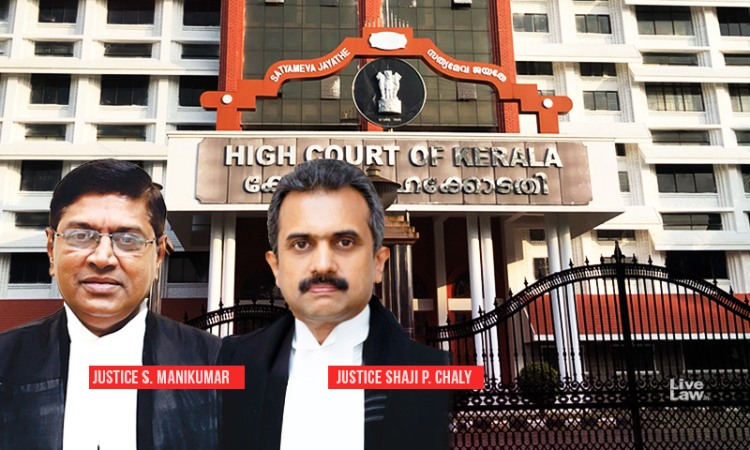Compassionate Employments Open Only To Kith & Kin Of 'Govt Servants': Kerala High Court Cancels Appointment Of Late MLA's Son In PWD
Hannah M Varghese
7 Dec 2021 10:36 AM IST

It is not open to Government to extend the same to kith and kin of MLAs or any other person of their choice, the Court said.
Next Story


